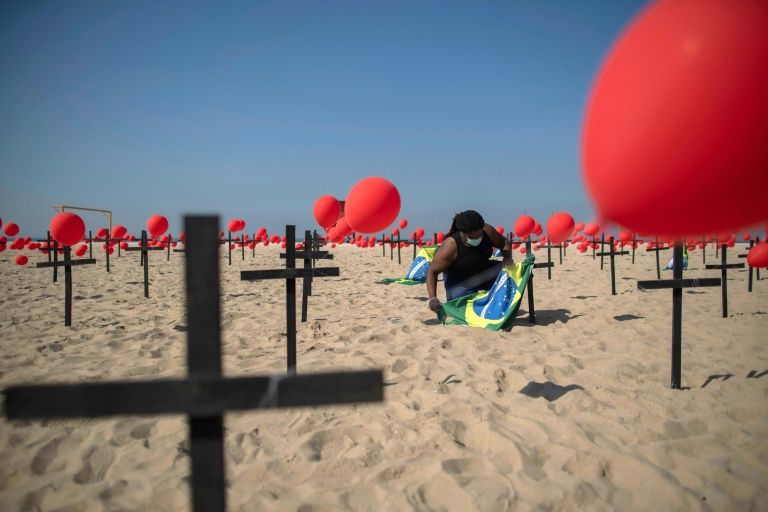EU offers Turkey help with refugees in return for action
The EU has offered Turkey a plan under which it would resettle more refugees, but only if Ankara establishes new camps and boosts its coast guard to slow the flow of people to Europe, officials said Tuesday.
Brussels is also ready to give Turkey more money to deal with the burden of 2.2 million refugees under a plan European Commission chief Jean-Claude Juncker presented to President Recep Tayyip Erdogan on Monday.
"It is clear that we need Turkey. The Commission will come to its aid," Juncker told the European Parliament before publicly unveiling the proposals through the commission, the executive of the 28-nation European Union.
Turkey is the main gateway for migrants coming to Europe, with most making the short but dangerous sea crossing to Greece.
Brussels has repeatedly urged Ankara to do more.
EU President Donald Tusk, who has led calls to better secure Europe\’s external borders, said that according to Turkish estimates another three million potential refugees may come from the Syrian city of Aleppo and surrounding areas.
Under the "draft action plan" — which Turkey has not yet formally approved — the EU will extend Turkey a series of incentives in return for its help in tackling the worst crisis of its kind since World War II.
Though the new plan contained no figures, the EU pledged to increase the numbers of refugees it resettles from Turkey, which has been flooded by people fleeing conflict in Syria and Iraq.
The number would be in addition to the 22,504 Syrian refugees the EU already agreed to take in July who would be taken from camps outside the bloc — in Turkey, Lebanon and Jordan.
"Work on a structured EU-wide approach to resettlement shall be stepped up," the commission said, as well as tightening existing European schemes to "enable refugees in Turkey to enter the EU in an orderly manner."
The plan would also involve the EU supporting Ankara\’s efforts to combat people smuggling, "notably reinforcing the Turkish coastguard patrolling and surveillance capacities."
EU officials estimate some 30,000 smugglers operate in Turkey, and the plan calls for dispatching a liaison officer from the bloc\’s border agency Frontex to help Ankara fight the problem.
In return, Turkey would boost its coastguard\’s capacities and work more with Greece, its long-term regional rival.
Ankara would also work towards integrating its refugees into broader Turkish society by allowing them access to jobs as well as health and education services, it said.
A priority would be the opening of six new "refugee reception centres" co-funded by the EU, it said.
Turkey has in the past rejected the establishment of such centres.
EU funding was available for all these steps, the plan said, also renewing promises to mobilise up to one billion euros ($1.1 billion) to help Turkey cope with its Syrian and Iraqi refugees.
Implementation of the plan would speed up the visa liberalisation process making it easier for Turks to travel to Europe, the commission said.
The plan however no made no mention of Turkey\’s calls for a "safe area" and a no-fly zone in northern Syria where refugees could be kept safe, despite the fact it was discussed in Monday\’s talks.
EU officials will follow up with a visit to Turkey on Wednesday as they try to finalise the proposals and Migration Commissioner Dimitris Avramopoulos will travel there next week.
Recently, the EU has turned its focus on strengthening its borders and dealing with the problem before it reaches Europe\’s shores, after months of trying to deal with the huge number of migrants already within the bloc\’s own frontiers.
Despite opposition from several eastern member states, the EU last month pledged to "relocate" 160,000 asylum seekers to countries throughout the bloc from overstretched Greece and Italy.
The first of those relocations is due to take place on Friday when a group of Eritrean refugees will be moved from Italy to Sweden, the EU said on Tuesday.
SOURCE: AFP
[do_widget_area inner_adsbar]











